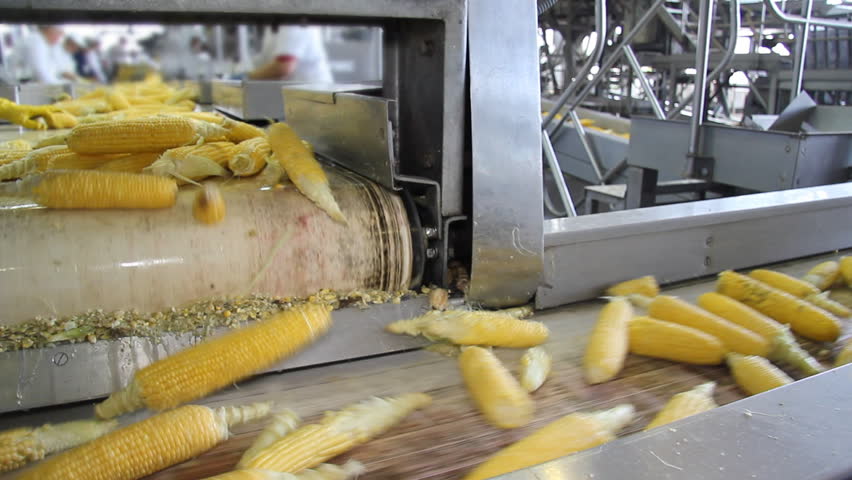When discussing about the food industry, technology isn’t generally the first thought that comes to mind. But these days, technology in the food industry is a required part of food production and delivery processes. We find food through applications, and manufacturers produce it with the help of robotics and data processing. Tech could remarkably enhance packaging, increasing shelf life and food safety. The eminence of food is also improving while manufacturing costs are less.
Knowing what better to produce in huge amount of numbers is the key to increase revenue. Customer and market insistence are changing very fast, so it is even more important to be one-step ahead of the competition. Explaining the most habitual tastes and preferences is the most praised thing for a food business owner as well as for a food manufacturer. For example, the newest trends in food tech are attached to a stream of healthy lifestyle followers. In order to recognize them, Machine Learning utilizes the Data Collection and Classification methods to know which food tech solutions are going to be the most useful in the upcoming future. Artificial Intelligence (AI) for food acknowledges the human perception of flavor and likings, dividing users into various demographic groups and modeling their liking behavior or speculates what they need.
Whereas food manufacturers are worried with food safety regulations, they need to appear more transparent about the path of food in the supply chain. Here, Artificial Intelligence in food manufacturing helps to detect every stage of this process — it makes price and inventory management speculations and pursues the path of goods from where they are grown to the place where consumers receive it, ensuring transparency.
We already know that among the collaborations in AI technology, there are consequential investments in the Food processing and food manufacturing sector . For example, Artificial Intelligence (AI) can more easily predict many issues in agriculture than people can.
The Advantages of AI in the Food Industry are classified below:
- Recently, many companies have started to trusting and relying on Artificial Intelligence to improve supply chain management thorough logistics and predictive analytics as well as to add transparency.
- Digitization of the supply chain ultimately drives revenue and gives a good understanding of the situation. AI can examine enormous amounts of data that are beyond human capability.
- Artificial Intelligence helps businesses to lessen the time to market and better deal with uncertainties.
- Automated sorting will definitely lessen the labour costs, increase the speed of the process, and improve the quality of yields.
The implementation of AI (Artificial Intelligence) and Machine Learning (ML) in food manufacturing and restaurant businesses is already shifting the industry to a new level, enabling lesser human errors and less waste of abundant products; lowering costs for storage.
We at KERONE have a team of experts to help you with your need for Artificial Intelligence in various products range from our wide experience. For any query write us at info@kerone.com or visit www.kerone.com.

